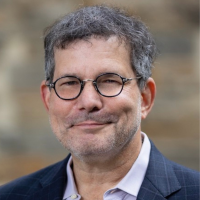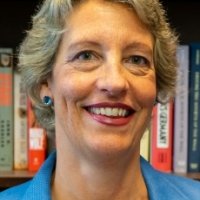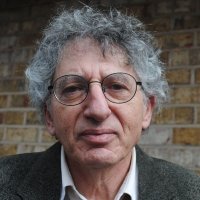Never Again: Germans and Genocide After the Holocaust
When it comes to German efforts to confront the Nazi past, conventional approaches tend to focus on solemn statements and well-meant monuments. Andrew I. Port looks instead at the very concrete ways in which postwar Germans embraced the lessons of the Third Reich and the Holocaust—above all in response to other genocides that took place elsewhere after 1945. This innovative approach makes the lessons, limits, and liabilities of politics driven by memories of a troubled history harrowingly clear.
Andrew I. Port is a professor of history at Wayne State University and former editor-in-chief of the flagship journal Central European History. He earned his BA at Yale University and his PhD at Harvard University. Port is the author of Never Again: Germans and Genocide After the Holocaust (2023), Conflict and Stability in the German Democratic Republic (2007), and co-editor, with Mary Fulbrook, of Becoming East German: Socialist Structures and Sensibilities after Hitler (2013).
The Washington History Seminar is co-chaired by Eric Arnesen (George Washington University) and Christian Ostermann (Woodrow Wilson Center) and is organized jointly by the American Historical Association and the Woodrow Wilson Center's History and Public Policy Program. It meets weekly during the academic year. The seminar thanks its anonymous individual donors and institutional partner (the George Washington University History Department) for their continued support.
Speaker

Panelists

Professor of History and International Affairs, The George Washington University

Distinguished University Professor Emeritus, Department of History, University of Maryland, College Park
Hosted By

History and Public Policy Program
A leader in making key foreign policy records accessible and fostering informed scholarship, analysis, and discussion on international affairs, past and present. Read more


Global Europe Program
The Global Europe Program is focused on Europe’s capabilities, and how it engages on critical global issues. We investigate European approaches to critical global issues. We examine Europe’s relations with Russia and Eurasia, China and the Indo-Pacific, the Middle East and Africa. Our initiatives include “Ukraine in Europe”—an examination of what it will take to make Ukraine’s European future a reality. But we also examine the role of NATO, the European Union and the OSCE, Europe’s energy security, transatlantic trade disputes, and challenges to democracy. The Global Europe Program’s staff, scholars-in-residence, and Global Fellows participate in seminars, policy study groups, and international conferences to provide analytical recommendations to policy makers and the media. Read more


